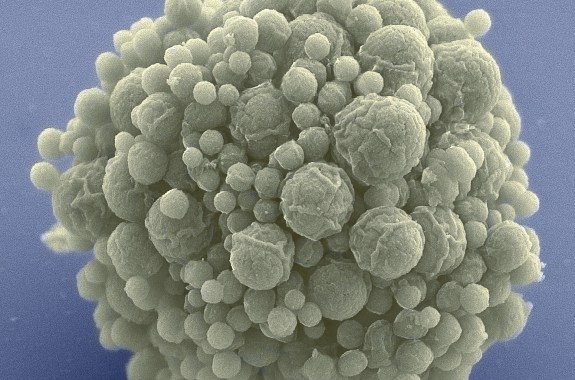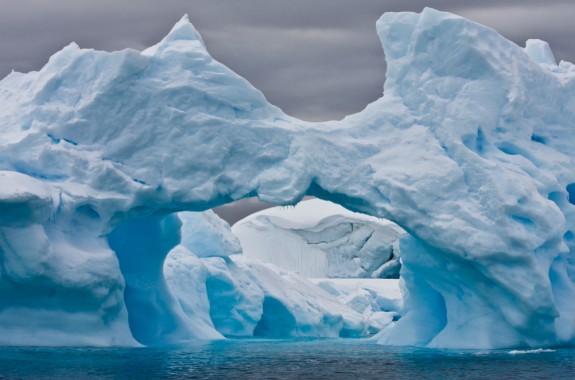16:13
The Road to LIGO
Janna Levin’s book Black Hole Blues and Other Songs from Outer Space reveals what it took to pull off one of “big science’s” biggest experiments: the Laser Interferometer Gravitational-Wave Observatory (LIGO).
11:56
Concocting Modern-Day Chicha De Molle
Two anthropologists are studying an ancient brewery that may have pumped out 500-gallon batches of pepperberry-flavored corn beer.
34:05
From Clipper Chip to Smartphones: Unlocking the Encryption Debate
In the ‘90s, the Clipper Chip was the big government encryption case. Two Science Friday guests involved in that early debate rejoin us to weigh in on the Apple argument.
17:29
Minimalist Biology: Craig Venter’s Latest Life Form
Biologist Craig Venter and his team have once again booted up a cell using DNA they synthesized themselves.
Hr2: Tricking Tumor Cells, Investigating Sea Level Rise on a Local Level, Teaching Climate Change Science
A panel of education experts discusses challenges and approaches to teaching climate change science in the classroom. Plus, how a new method convinces cancer cells to gobble up a ball of poison and ferry it directly to the cell nucleus.
Hr1: News Roundup, Serengeti Rules, A Space Program
Sculptor Tom Sachs has built his own space program, and it is 100 percent DIY. Plus, biologist Sean B. Carroll describes some of the greatest experiments in ecology.
12:00
DARPA ‘Improv’ Challenge, a Tiny T-Rex, and Plastic Homes for Sea Life
DARPA turns to the crowd to find “off-the-shelf” threats, and a look at how floating plastic waste can provide a home for sea life.
11:58
Tricking Tumor Cells to Accept a Lethal Payload
A new method convinces cancer cells to gobble up a ball of poison and ferry it directly to the cell nucleus.
26:19
Teaching Climate Change Science in the Classroom
A panel of education experts discuss challenges and approaches to teaching climate change science in the classroom.
8:34
Investigating Sea Level Rise on a Local Level
Researchers estimate as 13.1 million U.S. residents could be displaced by rising sea levels by 2100.



